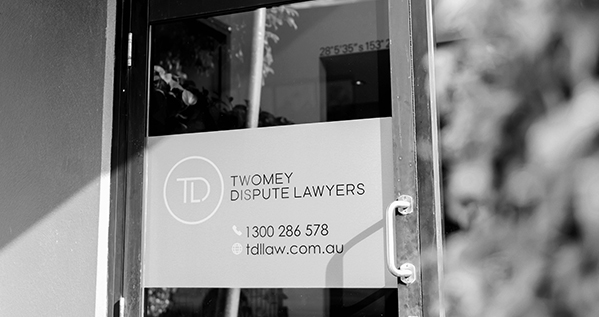Restore your reputation after defamation.
Remove untrue or damaging content from the internet and receive compensation for untrue statements.
Has someone said or written something about you that damaged your reputation or put your character in doubt? Have you been publicly accused of something? Perhaps an exchange in a local Facebook group has become defamatory or a public meeting turned into a character assassination. Or are you the victim of a malicious review on Google, TripAdvisor or elsewhere?
The law takes defamation seriously.
Your reputation is priceless, especially in a world where relationships begin as Google searches. Those Google searches and the permanence of webpages have made defamation potentially more damaging than ever. On the internet, a review, a news article or a webpage can still be causing you damage decades later. Even if a story is true, it can be unfair and disproportionate that the old story is the first thing Google surfaces months or years after you fixed the problem. Everyone deserves a second chance, but they won’t get one as long as old news is the first thing people find on the internet.
Every day all sorts of people and businesses are defamed, not just celebrities, and the law takes the impact seriously. Defamation law exists to protect individuals and small businesses from damaging statements that are spoken (slander) or written (libel). (Businesses with more than 10 employees are protected from untrue and damaging statements by the laws concerning misleading and deceptive conduct.)
Defamation law is complex, but it comes down to this: the law knows that words do hurt. That’s why the law and the courts take a dim view of anyone whose words damage others unjustly, whether those words are spoken or written, said in the heat of the moment or posted in cold-blood as a Google review.
Although defamation law in Australia is a complicated area of practice, an experienced lawyer can guide you through, often achieving results faster than you imagined possible. An experienced lawyer might even be able to use the complexity of the law to your advantage. That’s why, if you’re the victim of slander or libel, it’s best to talk to a lawyer who practices in the area of defamation all the time. An experienced defamation lawyer will know the simplest route to the best result for your situation, often avoiding court altogether.
With a lawyer who knows defamation law steering your case, you might be able to:
Get the person who made the statement to apologise — and to apologise publicly
Force the publisher to remove the statement — e.g. get Google to delete a negative review or persuade a newspaper to take an old story off its website
Receive financial compensation for the damage to your reputation.
Experienced defamation lawyers.
High-profile defamation cases involve famous names and play out in the media over weeks. This sort of coverage can make defamation law seem out of reach. Nevertheless, the majority of defamation cases involve ordinary people and businesses, and they are resolved out of the public eye. Often the person who made the damaging statement will back down as soon as the victim makes a firm stand through a lawyer. The perpetrator would rather take down the offending content, apologise and move on rather than face the very real possibility of losing a defamation case.
Equally, publishers like Google and Facebook are generally unwilling to stand behind negative reviews once you show that you’re serious about defending your reputation. Google and Facebook can also be compelled to provide your lawyers with the details of even anonymous reviewers so you can tackle the problem at its source.
Whether you just want the damage to stop by having the harmful content taken down or you want compensation for your losses, you should talk to an experienced lawyer about the available options.
Have you been defamed?
Do you think you’ve been defamed? Or are you the victim of a statement that is unfair or even of a story that is true but past its use-by date? Contact us to see how we might be able to help you to restore your reputation.












